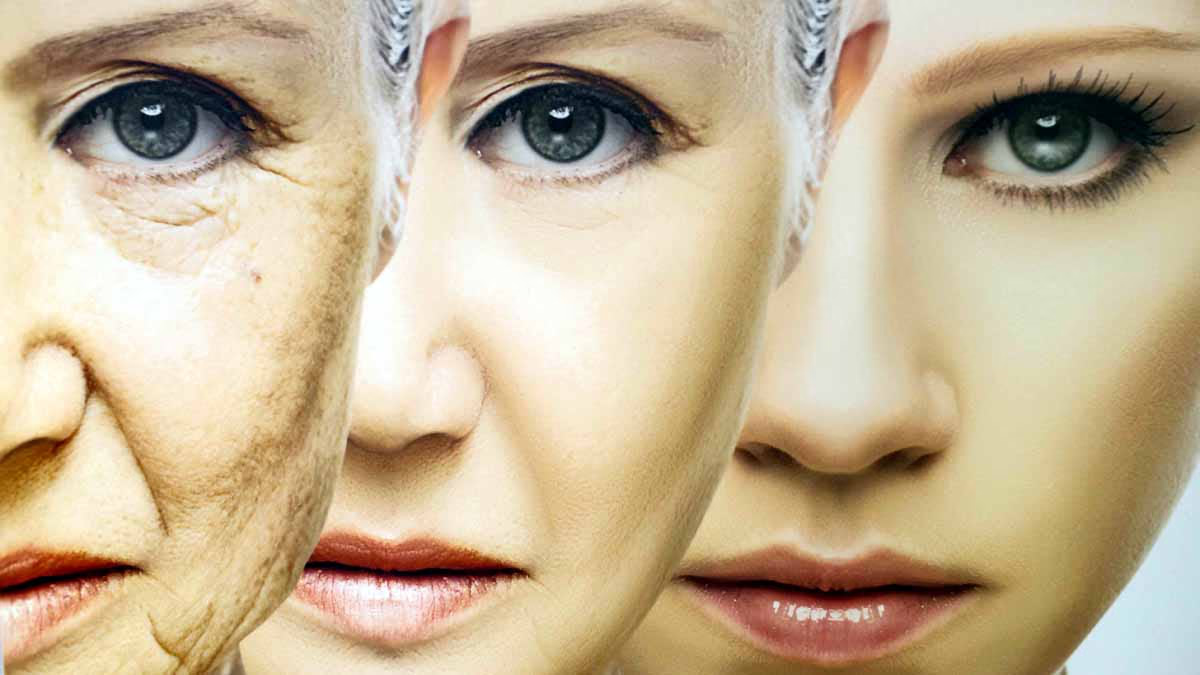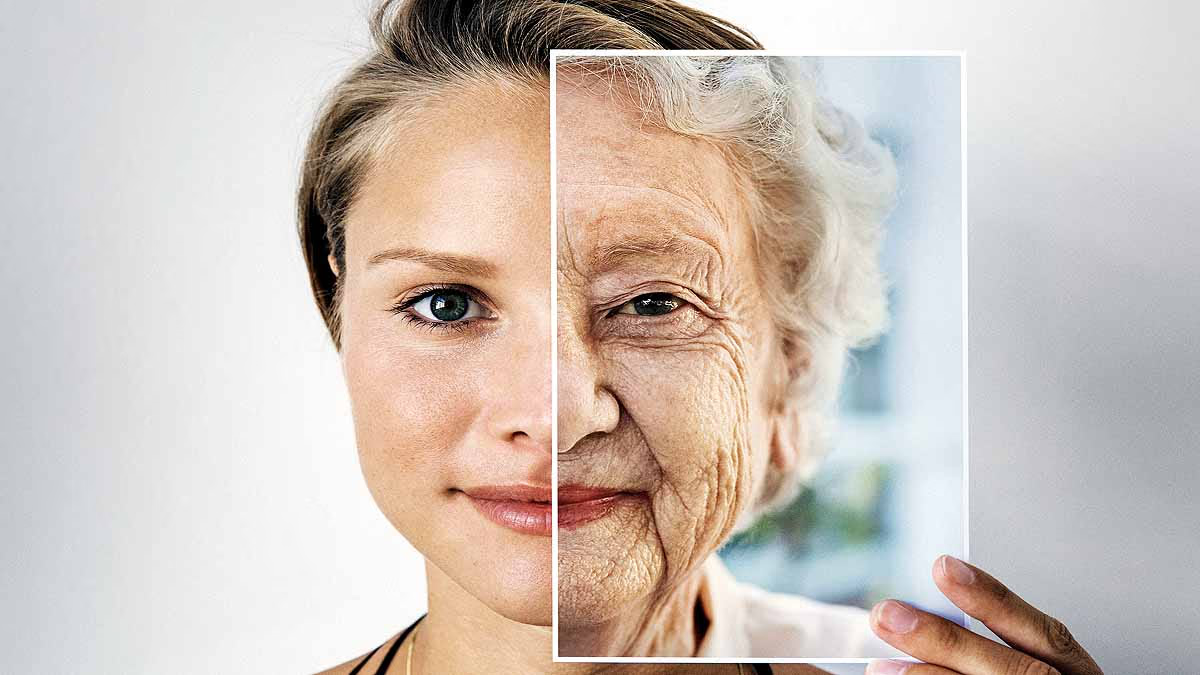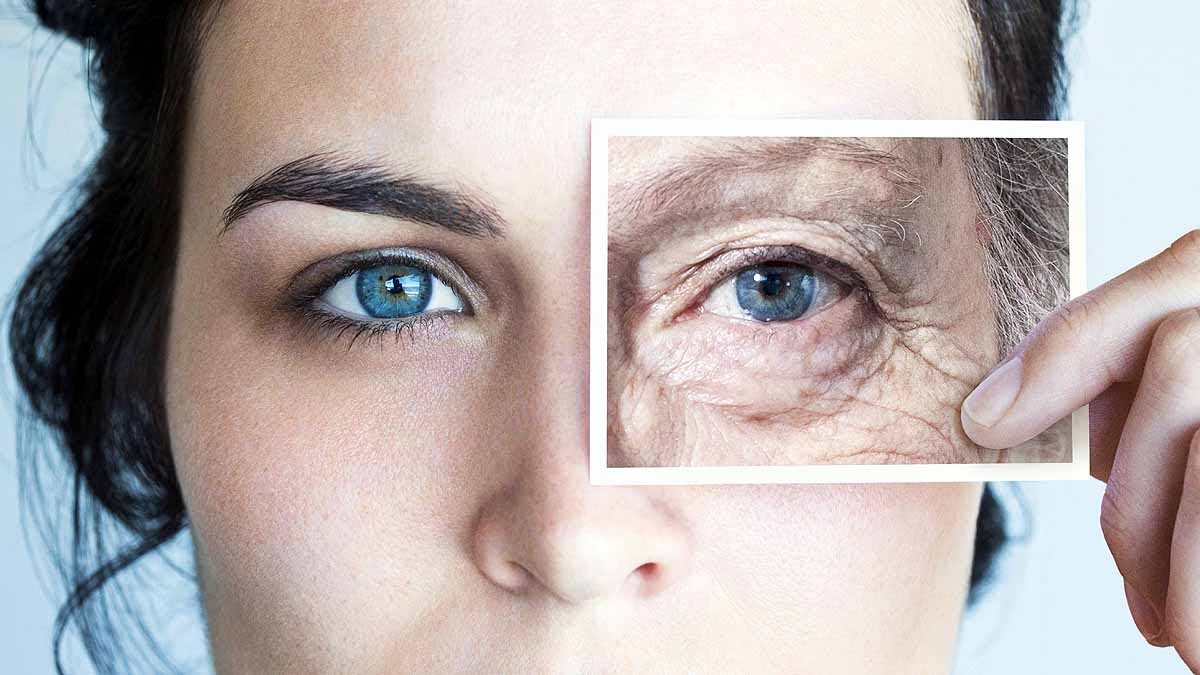
Source: aajtak
Suddenly, you notice wrinkles on your face. Your body aches, and you feel a wave of weakness. These aren't feelings that appear overnight. Scientists have now discovered the cause.
(Images: Getty)

Source: aajtak
Professor Michael Snyder from Stanford University's Center for Genomics and Personalized Medicine conducted this study. He explains that aging doesn't happen gradually but occurs in spurts during certain times in life.

Source: aajtak
Studying ages 25 to 75, Snyder found two specific periods when aging rapidly affects people: first at age 44 and then at age 60.

Source: aajtak
During these periods, people experience numerous health issues related to muscles, bones, the heart, and lungs. The ages 40 to 49 are particularly dramatic. The same applies to age 60. This study was recently published in

Source: aajtak
The study involved 108 volunteers who provided samples of their blood, stool, and skin. Swabs from the mouth and nose were also collected. Samples were taken monthly for seven years, yielding 135,000 different molecules, including RNA, proteins, and metabolites.

Source: aajtak
In addition to these molecules, scientists found microbes such as bacteria, viruses, and fungi present in the samples. While most molecules and microbes did not change chronologically, significant shifts were observed in individuals in their 40s and 60s.

Source: aajtak
In women, the changes during their 40s are linked to perimenopause. Men also experience physical changes similar to women but without menopause. Perimenopause occurs mid-40s in women, and men also undergo several changes in their 40s, dealing with similar aging waves.

Source: aajtak
The first wave of aging at age 44 is often due to cardiovascular issues caused by caffeine, alcohol, and lipids. The second wave at age 66 is linked to weakening immune systems, carbohydrate metabolism, and kidney-related diseases.

Source: aajtak
Molecules related to skin and muscle change at both ages 44 and 60, leading to wrinkles, pain, and a sense of weakness. By age 60, these issues can advance to Alzheimer's, cardiovascular diseases, and other bodily complications.




